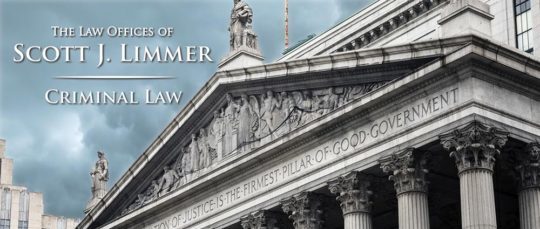In an early case during its new term, on October 16 the U.S. Supreme Court heard an appeal by Lee Boyd Malvo of the sentence of life without possibility of parole Virginia gave him in 2004 for his role in a series of lethal sniping attacks in the nation’s capital region during the autumn of 2002.
Those weeks of apparently random sniper-style attacks killed 12 people and severely wounded others in the Washington, D.C. region. Malvo, the triggerman in 10 of the killings, was only 17 years old; his partner, John Allen Muhammad, age 41 at the time, received a death sentence, which was carried out in 2009.
The appeal (Mathena v. Malvo) seeks to apply to Malvo’s sentence a pair of later-decided Supreme Court decisions restricting the punishments that can constitutionally be handed down to juvenile defendants.
The high court’s Roper v. Simmons decision in 2005 abolished the death penalty for persons under the age of 18.) In its 2012 decision in Miller v. Alabama, the Supreme Court banned mandatory life sentences without parole for juvenile offenders. Four years later, Montgomery v. Louisiana gave the Miller decision retroactive effect.
Challenging the constitutionality of his sentence, Malvo in 2017 asked a federal court to order review of his sentence, to bring it in line with the new Supreme Court decisions. The state refused, arguing the cases only applied when a state applied mandatory life-without-parole sentences to juvenile offenders; because Virginia judges had discretion to reduce a jury’s recommended sentence, the sentence was not mandatory, it argued.
Both a federal district judge and two of the three judges on the panel from the Richmond-based 4th Circuit federal appeals court sided with Malvo’s position (even though the Virginia Supreme Court had ruled the state’s sentencing law was in fact discretionary, rather than mandatory). The Department of Justice echoed that argument during oral argument at the Supreme Court.
Regardless of whether the Supreme Court decides Malvo should have his sentence re-examined, he’s very unlikely to be released. For one thing, he also received six life-without-parole sentences from Maryland for killings there (which he is also trying to overturn on appeal).
For another, even if Virginia is ordered to provide a new sentencing hearing to consider whether he qualifies as the rare exception for incorrigible youth, he could well lose on that issue at the rehearing. Finally, he and Muhammad were prime suspects in additional killings in four southern or western states, and he could conceivably face new charges in one or more of those states even if able to win reduced sentences in Virginia and Maryland.
The Supreme Court case of Lee Boyd Malvo has nevertheless received major attention because, if the Court decides that a hearing is required whenever a juvenile faces a life-without-parole sentence, it would provide a new avenue for other inmates who received such sentences for crimes committed as juveniles to mount new challenges to their sentences. Malvo’s counsel told the Court Virginia prisons currently have 13 other inmates serving life without parole for crimes committed as juveniles. On the other hand, some predict a more conservative Court may use Malvo’s case to begin rolling back rulings on substantive protections for juvenile criminal defendants.
